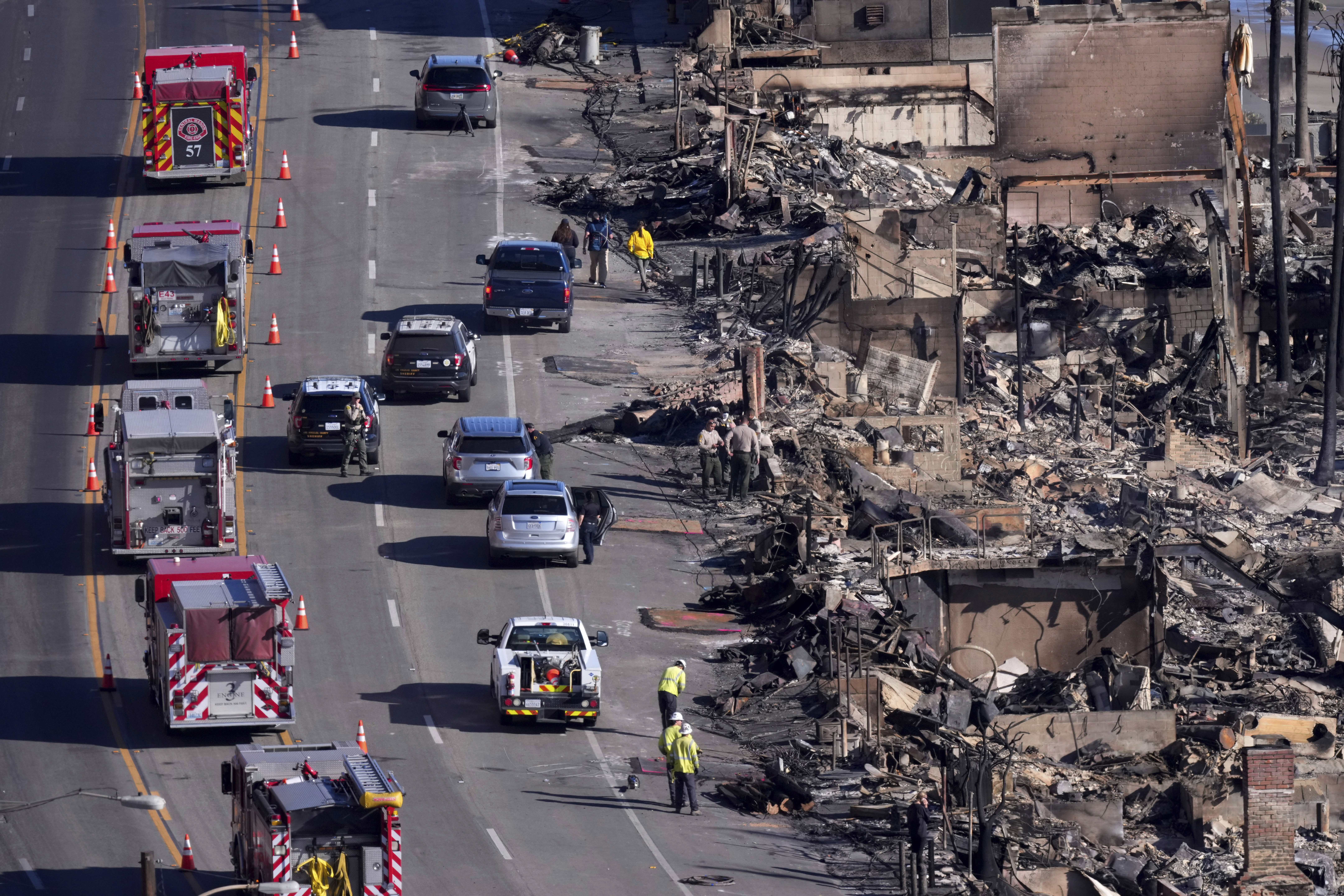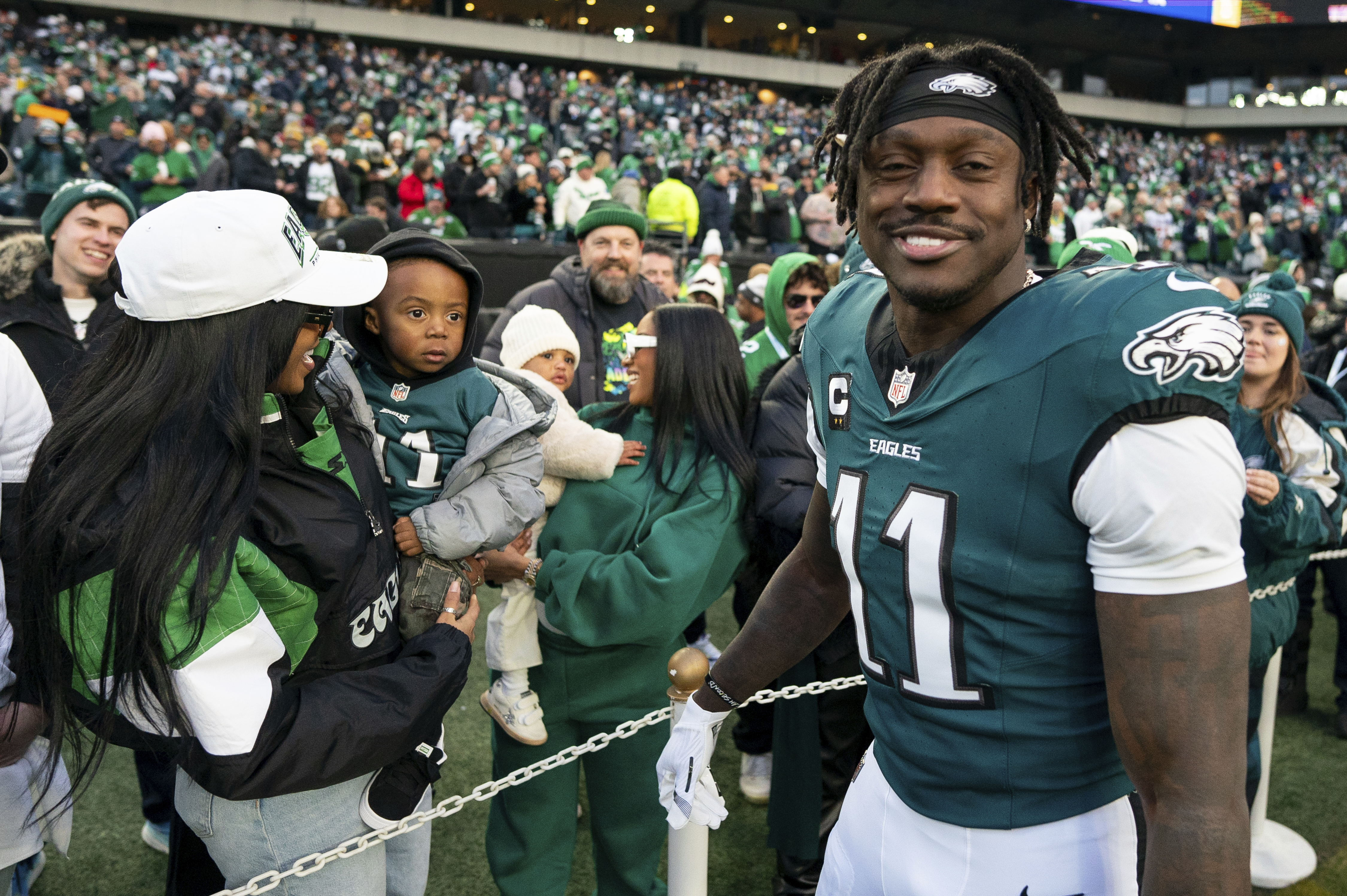For years, health experts have studied how light from phone screens can impact our sleep cycles -- but humans aren’t the only species whose sleep could be compromised if the lights don’t go out at bedtime.
No, honeybees aren’t doomscrolling before bedtime, but a study out of UC San Diego found light sources are messing with their circadian rhythms.
That study, led by Ph.D candidate Ashley Kim, found that bees in hives under lamp posts are staying up at night, which could impact people and the food they eat in the long run.
You could probably ask Kim almost anything about honeybees, and she’d likely have an answer.
Get top local stories in DFW delivered to you every morning. Sign up for NBC DFW's News Headlines newsletter.
“The best fun fact that I love sharing is that honeybee circadian rhythms are actually closer to humans than to a fruit fly,” Kim said.
It's a fun fact that bridges two species more than any of us may have thought.
"Honeybees like to have a full eight hours of sleep,” Kim said, sharing another fun fact.
U.S. & World
Her recent research found that the sleep cycle of European honeybees is significantly impacted by artificial light, such as that from a streetlight or from buildings where hives might form.
”I first observed on campus that we had wild, feral honeybee colonies in trees, and so by the location of the trees, they are always near an artificial light source, like a street lamp or a post,” Kim said.
Previous studies on the pollinators’ sleep habits pointed to honeybees taking more naps if they’re tired and inaccuracies in communication within the hive. If it sounds familiar, that's because the research parallels several medical studies that suggest restricting phone use before bed will help humans sleep better.
”With our study, looking at that sleep behavior, we know that if they’re under constant light conditions, they sleep less, which in turn would mean their foraging accuracy would be lower,” Kim said.
Does that mean how they pollinate almond and apple crops could be at risk?
”If their sleep is significantly decreased, their foraging workload would be much less,” Kim said.
Other species, like birds, are also bothered by the brightness. The Audubon Society's Lights Out initiative encourages people to turn down the lights during migration seasons.
”Businesses where you don’t necessarily need the light all the time, that could be a place to start,” Kim said.
And with Kim’s research suggesting honeybees sleep better in the dark, perhaps it’s part of the next steps to protect this vulnerable species that needs its eight hours.
“Maybe there is some sort of way we can collectively work together,” Kim said.



